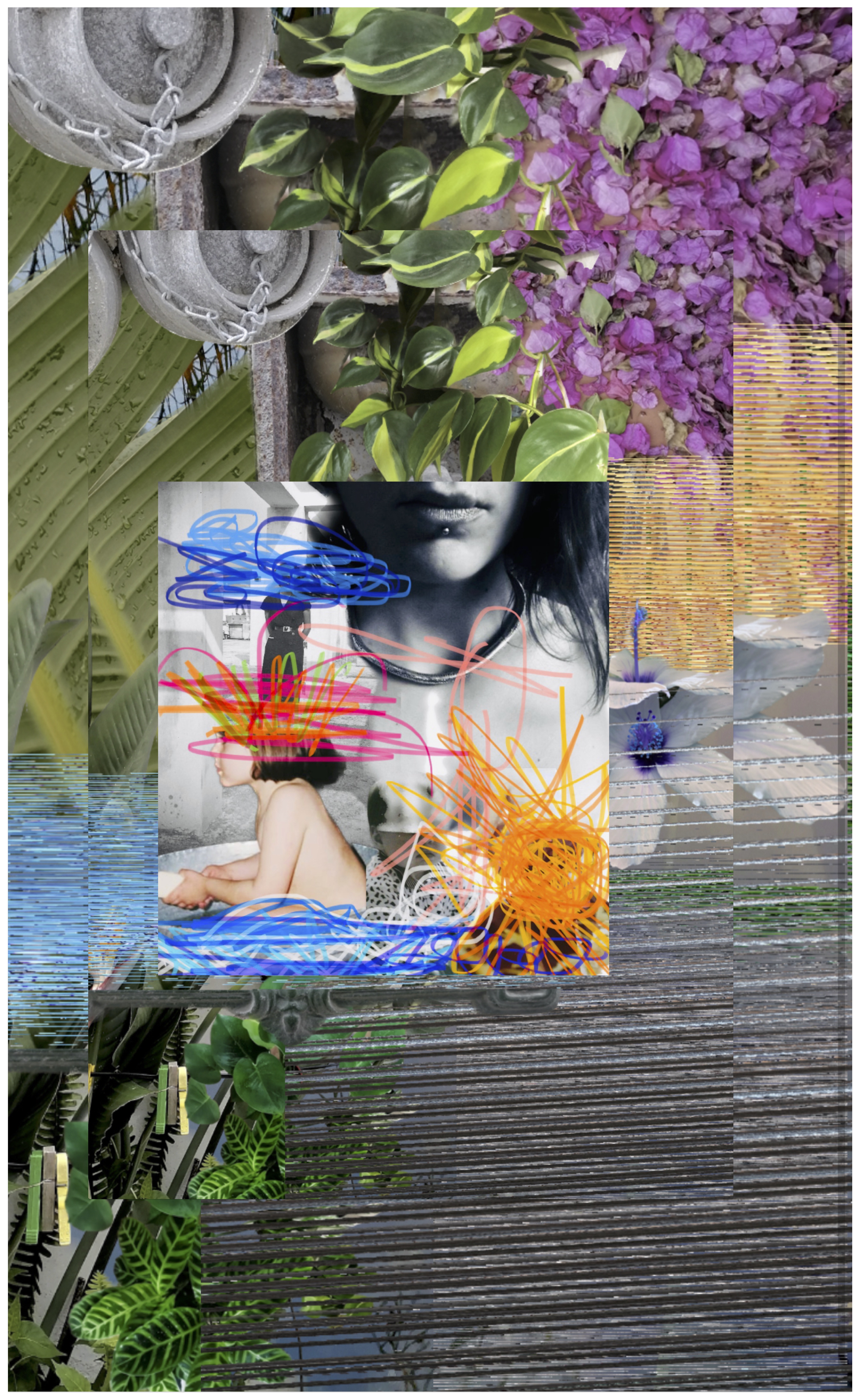02
MIRABILIS JALAPA

Her grandmother used to heal with plants. She healed with care, with the practice and exercise of memory. Endless hours spent among plants and shrubs, watching with surprise the colors, the shapes, the attitudes of the plants, accompanied the childhood of that uprooted girl.
Mirabilis Jalapa, Bella di Notte or, in Portuguese, simply, “Maravilha”.
The Bella di notte, with her flowers of a charged, living purple, spends part of her life hiding. Her leaves and flowers only open after sunset, when she feels, perhaps, less vulnerable. It is at the time when colors change, when tempers calm down, that she also releases a soft, citrusy scent, while dancing and moving slowly.
Watching the dance of Mirabilis had been, at the time she had lived, almost in exile, at her grandmother's house, a nocturnal ritual. An immense joy possessed her in seeing how, day after day, she fulfilled her ritual.
This plant once came to Italy from South America. Was she extirpated, usurped, forcibly taken away, violently? Does this happen with flowers too?
In those times, still young, she also felt herself thrown to the ground, just like the dark purple seeds of that fascinating plant. The act of those flowers opening to the world, at night, drove mosquitoes, ghosts, loneliness, aggression and wounds away. Every night, at sunset, her grandmother sat on her bench right behind her. She used to look at her, to watch her, while she found peace in the belle di notte, which she had taught her to take care of. Those belle di notte who, together, they respected, honoured and admired. The bond between them had been made mainly through the plants, through that care and protection they provide us. Thus, in the long months that marked her presence in that country house, she learned to recognize the flowers and fruits, to accompany them in their rituals, to think with them. To feel with them. To take care of the land, to live with it, to receive its affection. The silent legacy of her grandmother, who had always encouraged her to leave that country, had much more to do with that, than with books and disciplines. She told her, secretly, to comfort her loneliness: “Don't tell it to anyone, but I always dreamed of having a daughter like you”. Today, she understood why those words, the love they whispered in the ear of a lonely child, carried. We are plants, the fruit of roots and food.
- Noemi Alfieri (Italy, 1988) is a poet, researcher and translator.
- She uses her artistic practice to construct narratives of the urban and suburban context; through an exercise of memory that starts from personal, family and collective experiences that are reflected in the political - and vice versa. Her work has been dwelling on borders, on migration policies and on being foreign and belonging, simultaneously, to a place.
- https://linktr.ee/alfierinoemi
- https://twitter.com/noemi_alfieri